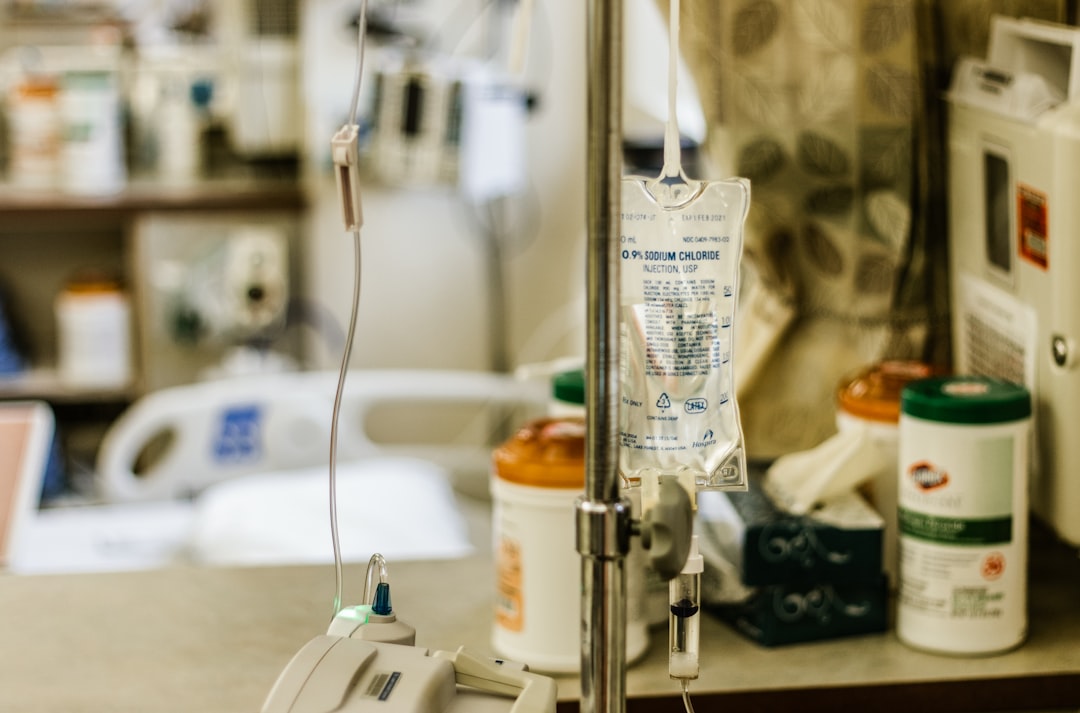What is it about?
Egyptian propolis is a powerful antioxidant and free radical scavenger produced by bees. The current study was designed to characterize Egyptian propolis, investigate its anticancer effect in vitro and its protective role against methotrexate (MTX) toxicity in Ehrlich ascites carcinoma (EAC) experimental model. Our results revealed a high content of total phenolics, flavonoids and dihydroflavonols in propolis ethanolic extract (PEE). PEE prompted cytotoxic effects in cancer cell lines and antitumor effects against EAC mice model by reducing tumor volume, count of viable tumor cells with a significant elevation in the life span as well as the mean survival time of mice. The hepatic and renal biochemical and toxicity parameters of EAC-bearing mice treated with MTX were improved by PEE. Also, it elevates the expression of Bax, caspase-3 and cytochrome-C and reduces the Bcl2 expression in EAC cells. Moreover, PEE with MTX induced cell cycle arrest at the G0/G1 phase. Interestingly, the combination of PEE with MTX showed potent apoptosis as shown by DNA fragmentation gel, comet assay and dihydrofolate reductase level (DHFR). These findings demonstrate that Egyptian propolis extract had high chemical diversity and different antioxidant effects. Also, it optimizes the antitumor potential of MTX and declined its toxic effects.
Featured Image

Photo by Filipe Resmini on Unsplash
Why is it important?
From an experimental standpoint, Egyptian brown propolis presented high flavonoid and phenolic compounds content as indicated by UPLC-MS/MS and colorimetric methods. Comparing the propolis ethanolic and methanolic extracts, propolis ethanolic extract displayed higher amounts of bioactive compounds. Also, Egyptian Propolis could be used as a natural neoadjuvant for MTX and probably other chemotherapeutic compounds. Furthermore, Egyptian propolis induces apoptosis by upregulation of apoptotic markers and downregulation of antiapoptotic markers with a decrease in toxicity and stress on normal cells due to its powerful antioxidant effect which increases its efficacy as an antitumor drug.
Read the Original
This page is a summary of: Propolis Potentiates Methotrexate Anticancer Mechanism and Reduces its Toxic Effects, Nutrition and Cancer, July 2019, Taylor & Francis,
DOI: 10.1080/01635581.2019.1640884.
You can read the full text:
Contributors
The following have contributed to this page










